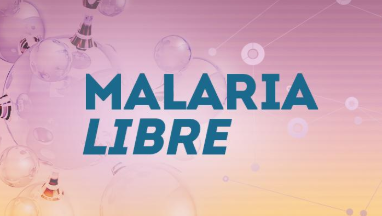Last Updated: 20/06/2023
Clinical pharmacology of malaria control and elimination: Pharmacodynamics of Artemisinin-based combination agents and their barriers to drug resistance
Objectives
To leverage existing and forthcoming clinical trial specimens from study participants treated for uncomplicated malaria with one of two antimalarial drug combinations, artemether- lumefantrine or dihydroartemisinin-piperaquine to generate PK data (drug concentration) and PD data (parasitological outcomes, drug resistance genotypes).
The proposed mentored research program is an investigation of chemotherapeutics for malaria elimination led by Dr. Matthew Ippolito under the mentorship of Dr. Theresa Shapiro, an expert in antiparasitic pharmacology, and others. The project will join clinical pharmacology analytics with molecular and genetic approaches to establish the pharmacokinetics (PK, drug exposure) and pharmacodynamics (PD, drug effect) of first-line antimalarial agents for gametocyte clearance and protection against reinfection, and characterize their relative barriers to drug resistance. Dr. Ippolito will acquire expertise in advanced PK/PD methods and clinical trial conduct. At the end of the award period, he will be prepared to pursue a career as an independent investigator with a focus on field-based clinical pharmacology studies of antimalarial drugs both extant and novel. Candidate. Dr. Ippolito is a board-certified internist, infectious disease specialist, and clinical pharmacologist at the Johns Hopkins University School of Medicine, and PhD candidate in the Johns Hopkins University Graduate Training Program in Clinical Investigation with a background in malaria-related research. Research. PK and PD variables will be analyzed using compartmental and nonlinear mixed effects models. Environment and Funding. The research activities will be carried out at Johns Hopkins University and collaborators’ institutions. The antiparasitic laboratories of the primary mentor, Theresa Shapiro, MD, PhD— former director of the Johns Hopkins Division of Clinical Pharmacology and previous head of its Clinical Pharmacology Analytical Laboratory—contain the requisite instrumentation for liquid chromatography-mass spectrometry PK analyses; and the laboratories of the Johns Hopkins Malaria Research Institute and its partners have state-of-the-art instruments for molecular diagnostics and genetic sequencing of malaria parasites. Malaria remains a major public health issue, with nearly a half-million deaths each year arising from over 200 million infections. Absent a sufficiently effective vaccine, antimalarial drugs remain a vital component of malaria control programs. Their incompletely characterized PK/PD profiles and unknown barriers to resistance translate to opportunities for further research to inform drug optimization. The proposed training plan and analytic approaches also have potential applications to new antimalarial agents as they emerge from the drug development pipeline.
Feb 2020 — Jan 2024
$772,640


